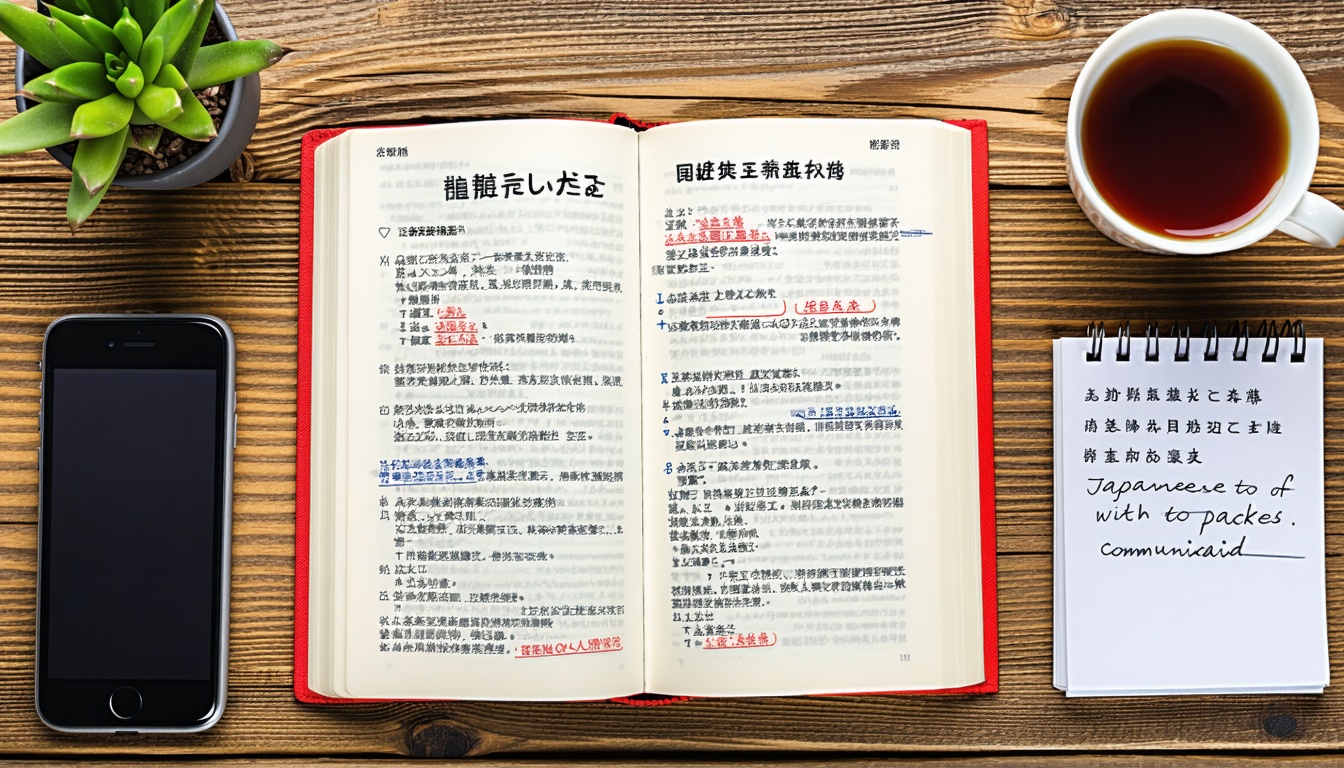Japanese Time Expressions That Will Make You Sound Local

Picture this: you’re waiting for your morning train in Tokyo, and the station announcer rattles off a schedule in Japanese. You catch a few words, but the exact times fly by.
In this ultimate guide you’ll master Japanese time expressions so you sound local, confident, and ready to roll. Let’s dive into hours, minutes, particles, and handy phrases that make your daily interactions a breeze.
Understand time words
Japanese time expressions hinge on a few core words. The main markers are:
-
時 (じ ji) for “o’clock”
-
分 (ふん fun) or (ぷん pun) for minutes
-
半 (はん han) for “half past” (Busuu)
Hour and minute markers
In Japanese you always add 時 (ji) after the hour and 分 (fun/pun) after minutes. Here’s a quick table of common minute readings:
English Japanese Reading
1 minute 一分 いっぷん (ippun)
2 minutes 二分 にふん (nifun)
3 minutes 三分 さんぷん (sanpun)
4 minutes 四分 よんぷん (yonpun)
5 minutes 五分 ごふん (gofun)
6 minutes 六分 ろっぷん (roppun)
7 minutes 七分 ななふん (nanafun)
8 minutes 八分 はっぷん (happun)
9 minutes 九分 きゅうふん (kyuufun)
10 minutes 十分 じゅっぷん (juppun)
If you need more practice with pronunciations, check out our japanese numbers pronunciation.
Saying half past and quarters
Japanese doesn’t use “quarter past” or “quarter to.” Instead you say:
-
“Half past” with 半 (han): 一時半 (いちじはん ichiji han) for 1:30
-
“Fifteen” or “forty-five” minutes explicitly if you want quarters:
-
1:15 = 一時十五分 (いちじじゅうごふん ichiji juugofun)
-
1:45 = 二時十五分前 (にじじゅうごふんまえ niji juugofun mae)
Ask and tell time
Knowing how to ask and state the time makes life in Tokyo much smoother.
Asking what time it is
To ask “What time is it?” say:
今何時ですか。 いま なんじ ですか。 ima nanji desu ka
You can link this phrase to other essential japanese question words.
Responding with exact time
When someone asks you the time, you can reply:
-
3:20 = 三時二十分です。 (さんじ にじゅっぷん です。sanji nijuppun desu)
-
7:05 = 七時五分です。 (しちじ ごふん です。shichiji gofun desu)
-
12:00 = 正午です。 (しょうご です。shougo desu)
Tip: Drop “です” (desu) in casual settings with friends.
Use relative expressions
Beyond exact times you’ll use words tied to “now,” “today,” and so on. These don’t need the particle に (ni) when used alone (8020 Japanese).
Words for now, today, tomorrow
-
今 (いま ima) – now
-
今日 (きょう kyou) – today
-
明日 (あした ashita) – tomorrow
-
昨日 (きのう kinou) – yesterday
Example: 今忙しいですか。 いま いそがしい です か。 ima isogashii desu ka Are you busy right now?
Days of week and months
Days of the week, months, seasons, and years need に (ni) when used in a sentence (8020 Japanese). For instance:
月曜日に会いましょう。
げつようび に あいましょう。
getsuyoubi ni aimashou
Let’s meet on Monday.
五月に花見に行きます。
ごがつ に はなみ に いきます。
gogatsu ni hanami ni ikimasu
I’ll go cherry blossom viewing in May.
For a deeper dive into weekday names, see japanese days of week.
Combine time phrases
Stacking several time expressions follows a biggest-to-smallest order. It reads naturally to Japanese ears.
Ordering from big to small
Let’s say “Thursday, March 14, 2025 at 5:30 PM”:
-
Year: 2025年 (にせんにじゅうごねん nisen ni juu go nen)
-
Month: 三月 (さんがつ sangatsu)
-
Day: 十四日 (じゅうよっか juuyokka)
-
Day of week (optional): 木曜日 (もくようび mokuyoubi)
-
Time: 午後五時半 (ごご ごじ はん gogo goji han)
Put it together: 2025年三月十四日木曜日午後五時半に会いましょう。 にせんにじゅうごねん さんがつ じゅうよっか もくようび ごご ごじ はん に あいましょう。
Particle use with time
The particle に (ni) marks point-in-time expressions. Use it with context-dependent words like days, months, seasons, and years. Skip it with relative words like 今 (ima).
For a full guide on particles and time, visit japanese particle usage.
Listen to announcements
In trains and buses you’ll hear standard phrases. Recognizing them helps you catch your stop.
Train and bus schedules
Typical announcements say:
-
午前 (ごぜん gozen) – a.m.
-
午後 (ごご gogo) – p.m.
-
時 (じ ji) – hour
-
分 (ふん/ぷん fun/pun) – minute
For example: 「次は三時十分、渋谷です」 つぎ は さんじ じゅっぷん、しぶや です tsugi wa sanji juppun, Shibuya desu Next is 3:10, Shibuya.
Explore more terms in our japanese transportation vocabulary and see full transcripts in japanese train announcements translation.
Key phrases to spot
-
次は (つぎ は tsugi wa) – next is
-
〜前 (〜まえ mae) – until, before (for departure)
-
発 (はつ hatsu) – departure (e.g., 発車 はっしゃ hassha)
Keep an ear out for “前” following a time, it often means “due to depart.”
Practice in daily life
The best way to own these time phrases is to use them every day. Try these tips:
-
Ask locals the time in Japanese, then confirm in English.
-
Journal your day schedule with Japanese expressions.
-
Use flashcards for minute readings and half past.
-
Tune into JapanesePod101 audio lessons.
-
Watch train announcements on YouTube and pause to repeat.
Pair time practice with numbers review in japanese numbers pronunciation. Soon you’ll catch times without even thinking.
Frequently asked questions
Do I always need に after time words? Use に with context-dependent expressions (days, months). Skip it with now, today, and tomorrow.
How do I say “quarter past” in Japanese? There’s no special word for quarters. You say fifteen minutes explicitly (十五分).
Can I drop 半 when saying half past? No, 半 (han) is required for “half past.” For example, 三時半 (3:30).
What’s the difference between fun and pun? 分 can be read as fun or pun. It depends on the preceding sound: 一分 is ippun, 二分 is nifun, and so on.
How do I ask a train’s departure time politely? ~時何分に発車しますか。 〜じ なんぷん に はっしゃ します か。 ~ji nanpun ni hassha shimasu ka What time does it depart?
Now go ahead, set your watch to Tokyo time, and start sounding like a local. Enjoy your stay and happy timing!


